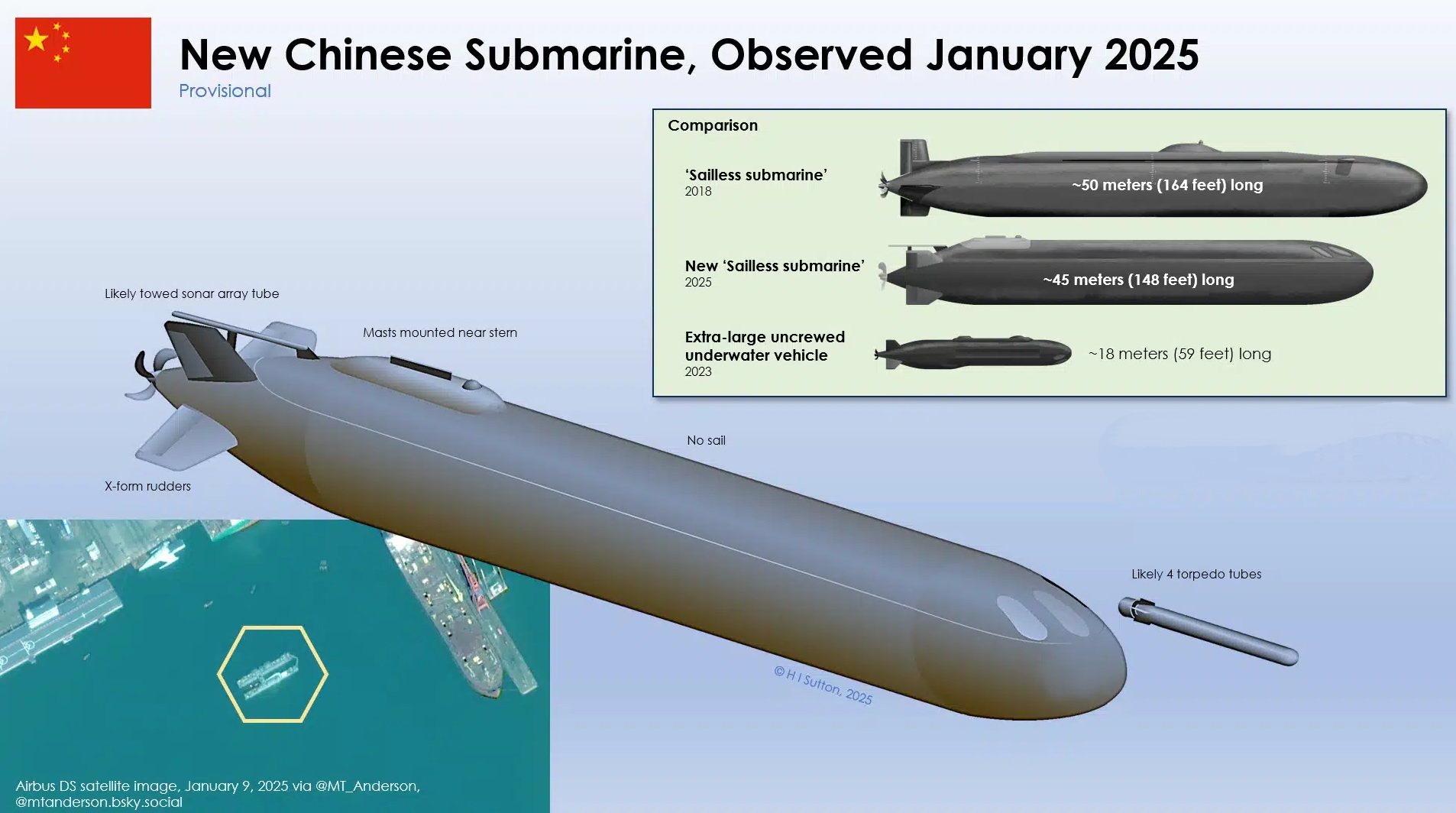Pentagon Secures Advanced SATCOM Terminals from Israeli Firm for Rapid Deployment in Extreme Conditions

The Pentagon has awarded a $4-million contract to Israeli communications provider Gilat Satellite Networks, tasking them with delivering portable SATCOM (satellite communication) terminals to enhance the Department of Defense’s (DoD) connectivity capabilities. These new terminals will be a critical upgrade, supporting both tactical and strategic needs for the U.S. military by providing secure, reliable communication even in challenging environments. This contract is part of a broader Pentagon initiative to strengthen SATCOM infrastructure, as seen with recent contracts involving companies like L3Harris, Curtiss-Wright, and the Swedish firm Ovzon, aimed at expanding high-performance communication capabilities for various military branches.
The DKET 3421 SATCOM Terminal
The core of this contract centers on Gilat’s DKET 3421 SATCOM terminal, an advanced piece of technology developed by DataPath, Gilat’s U.S.-based subsidiary. Known for its ability to switch seamlessly between military and commercial network coverage, the DKET 3421 is designed for maximum versatility and high-speed deployment. It weighs about 5,000 pounds (approximately 2,268 kilograms) and is built to withstand high temperatures, deployable in environments reaching over 55 degrees Celsius (131 degrees Fahrenheit), ideal for military operations in desert or tropical conditions.
Key Specifications and Features
The DKET 3421 model is tailored for the demanding needs of military operations, featuring multi-band connectivity that allows seamless communication across different frequency bands. This multi-band feature is especially useful for defense applications, as it enables users to access multiple communication networks for added security and flexibility. Here’s a closer look at the unique features:
- Fiber Optic Linking: The terminal uses fiber optic technology to ensure high-speed data transmission and minimal latency. This is essential for real-time decision-making and precise coordination in mission-critical scenarios.
- 32-Modem Compatibility: The DKET 3421 can support up to 32 modems, making it highly adaptable for diverse mission requirements and suitable for both small and large team deployments. This compatibility allows simultaneous connectivity for multiple users, ensuring reliable, stable internet and communications access for various military branches in field conditions.
- Rapid Deployment: Despite its size, the terminal can be deployed in less than three hours, enabling rapid setup and operation even in remote or hostile areas. This quick deployment time is a significant advantage in time-sensitive operations, where communication infrastructure often needs to be established swiftly.
The Pentagon expects the terminals to be delivered in the first half of 2025. According to DataPath President Nicole Robinson, this contract highlights a strong partnership with the U.S. military and reflects Gilat’s ability to meet the DoD’s rigorous requirements for high-performance, portable network hubs that can keep up with evolving defense communication needs.
Broader SATCOM Strategy in the U.S.
The Gilat contract is part of a larger Pentagon trend of partnering with various SATCOM providers to ensure secure, portable, and adaptable communication networks for its operations. For instance, earlier this year, the U.S. Department of Defense collaborated with L3Harris to supply its Hawkeye III Lite Very Small Aperture Terminal, known for providing rapid internet connectivity across U.S. Army deployments. The Pentagon also partnered with Swedish SATCOM firm Ovzon, commissioning Ovzon’s proprietary compact SATCOM terminals, which aim to boost portable connectivity options within the DoD.
Additionally, in an ongoing effort to streamline expeditionary communication systems, the U.S. Marine Corps partnered with Curtiss-Wright to supply compact network routers and modules that enhance existing satellite systems. These collaborations highlight the Pentagon’s multi-faceted approach to SATCOM, emphasizing compact, portable, and high-speed terminals that meet the distinct needs of each branch while bolstering overall defense infrastructure.
With Gilat’s DKET 3421 terminals soon joining the U.S. military’s SATCOM arsenal, the DoD will gain another robust option for reliable, high-performance communications in diverse and extreme environments.



